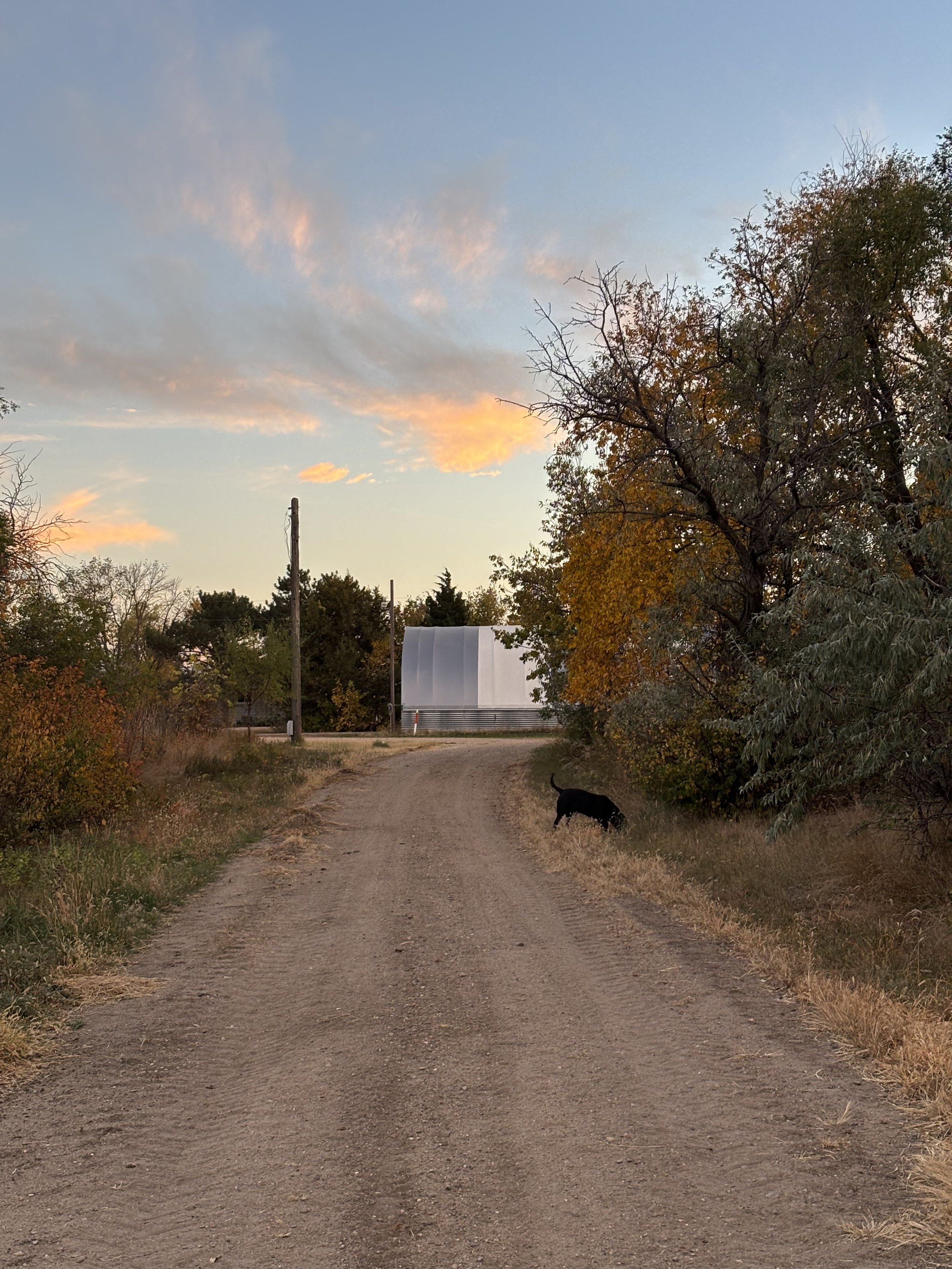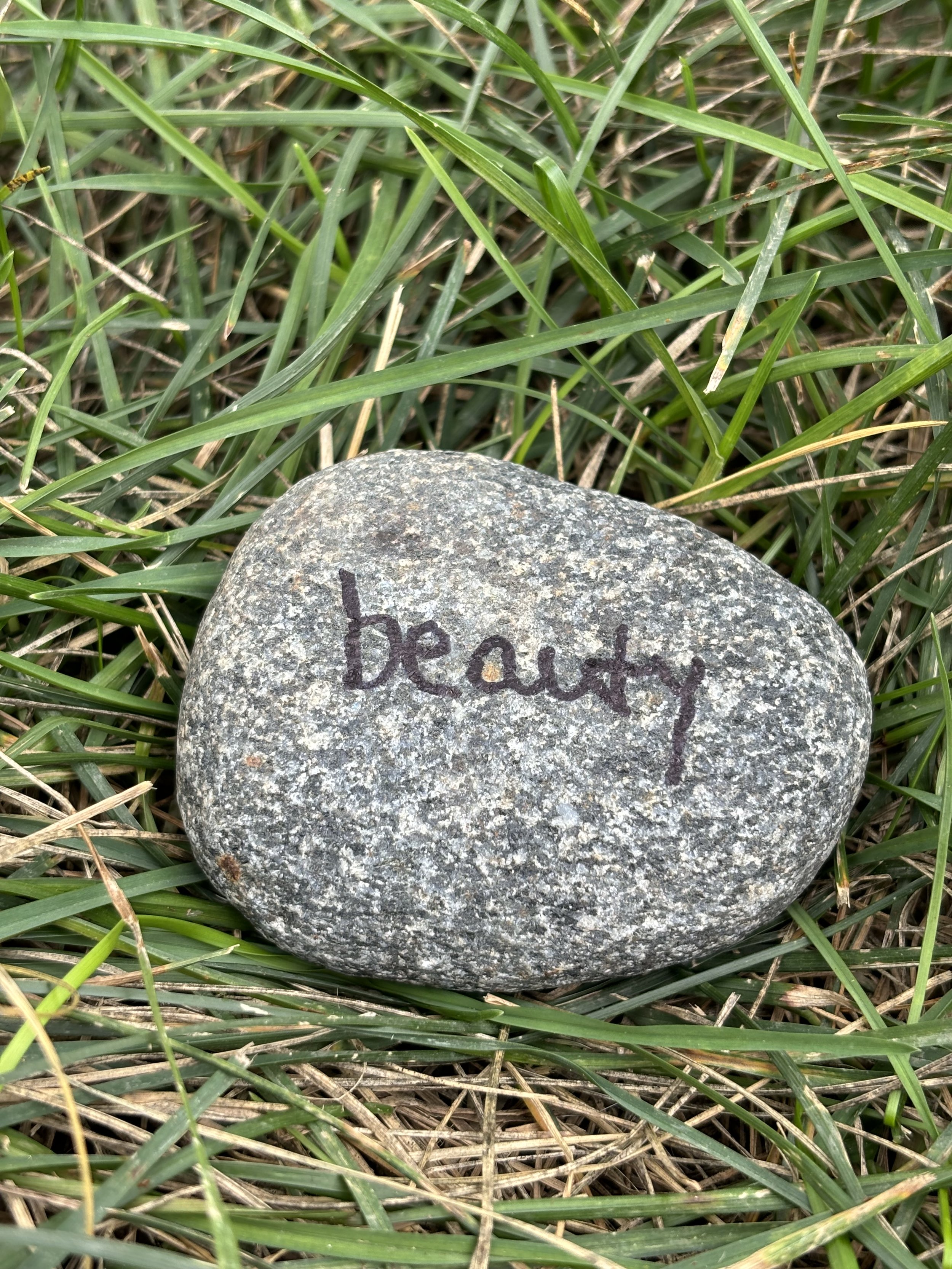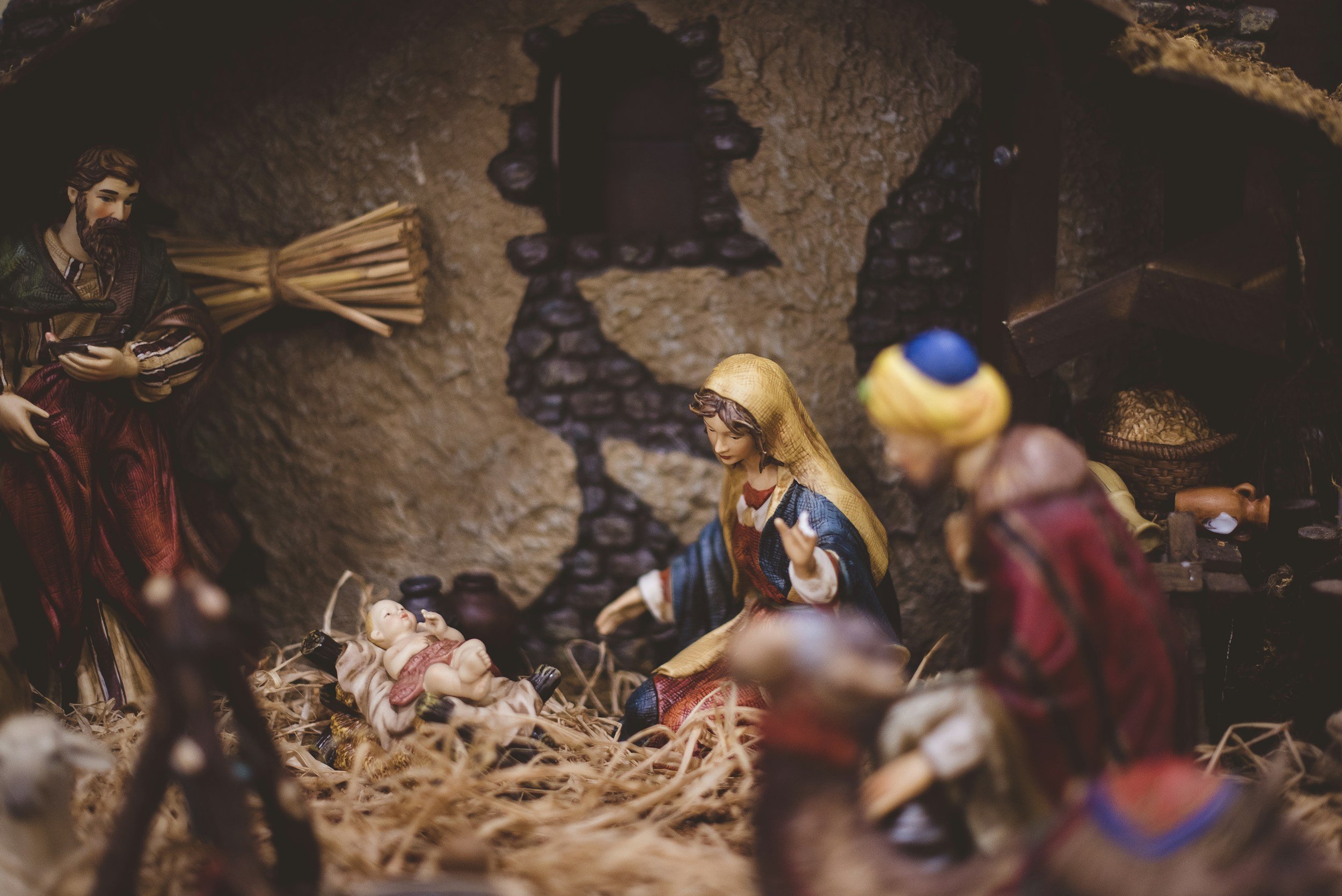Blog
check out my favorites below, or keep scrolling to browse all posts!
Featured Posts
Tags
- God's way
- abundant life
- anxiety
- beauty
- bible habits
- bible lessons
- books
- christmas
- church
- contentment
- enough
- faithfulness
- freedom
- gospel
- grace
- gratitude
- hope
- humility
- jesus is enough
- joy
- life hacks
- love
- memorization
- mindset shifts
- mission
- modern life
- my story
- peace
- philippians
- prayer
- recommendations
- reflections
- rest
- satan
- singleness
- the king and his kingdom
- the long game
- truth and lies
- weakness
- women



























